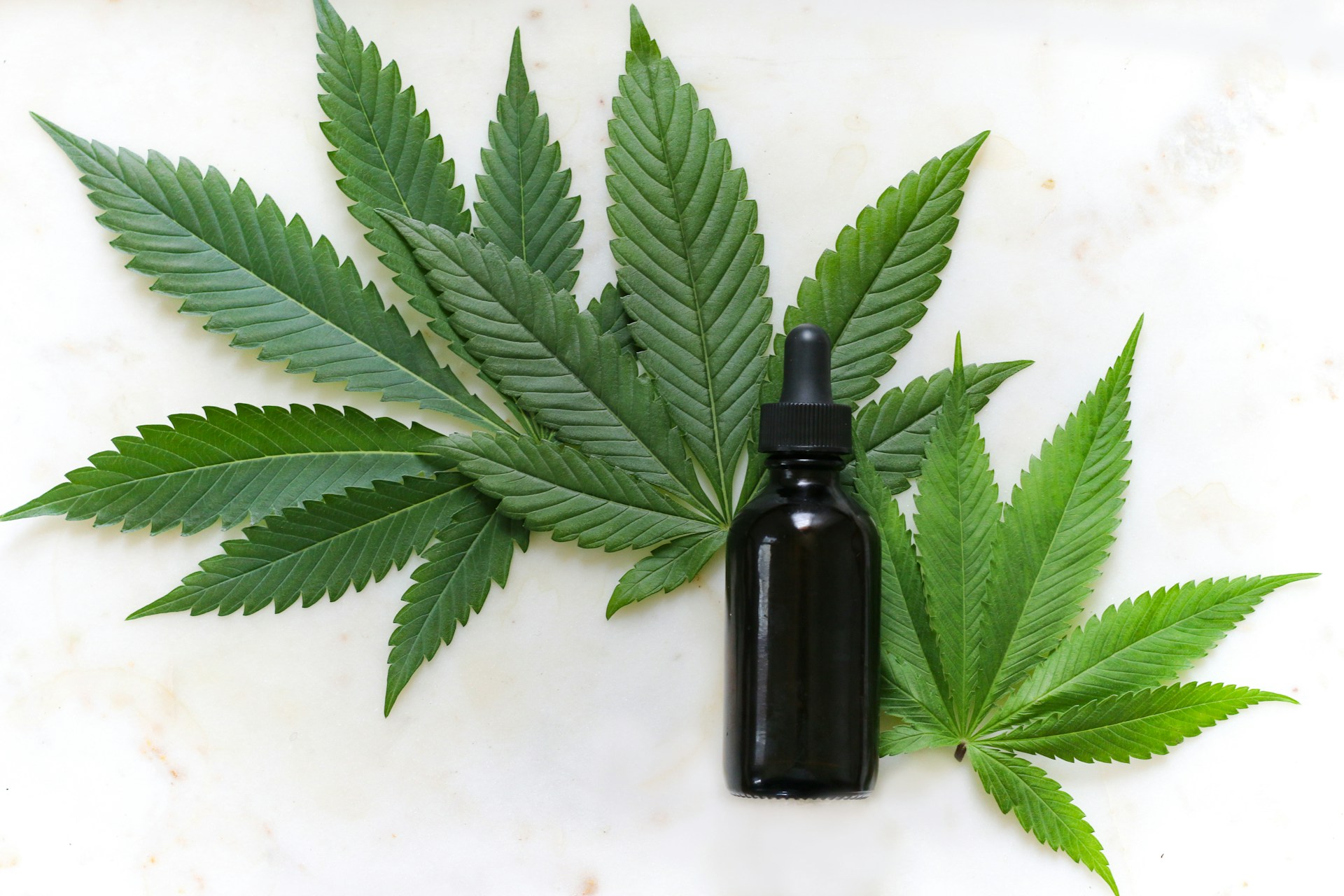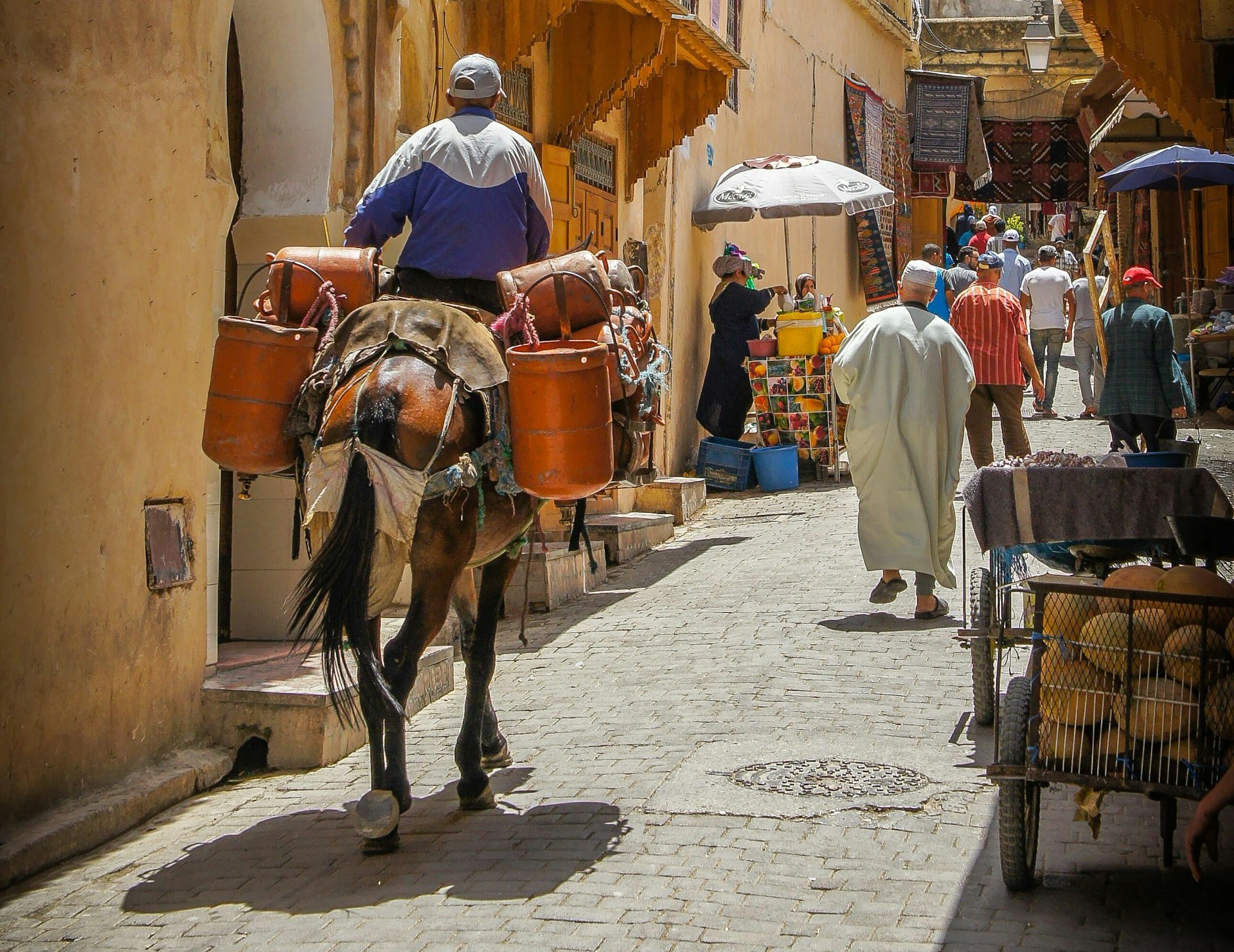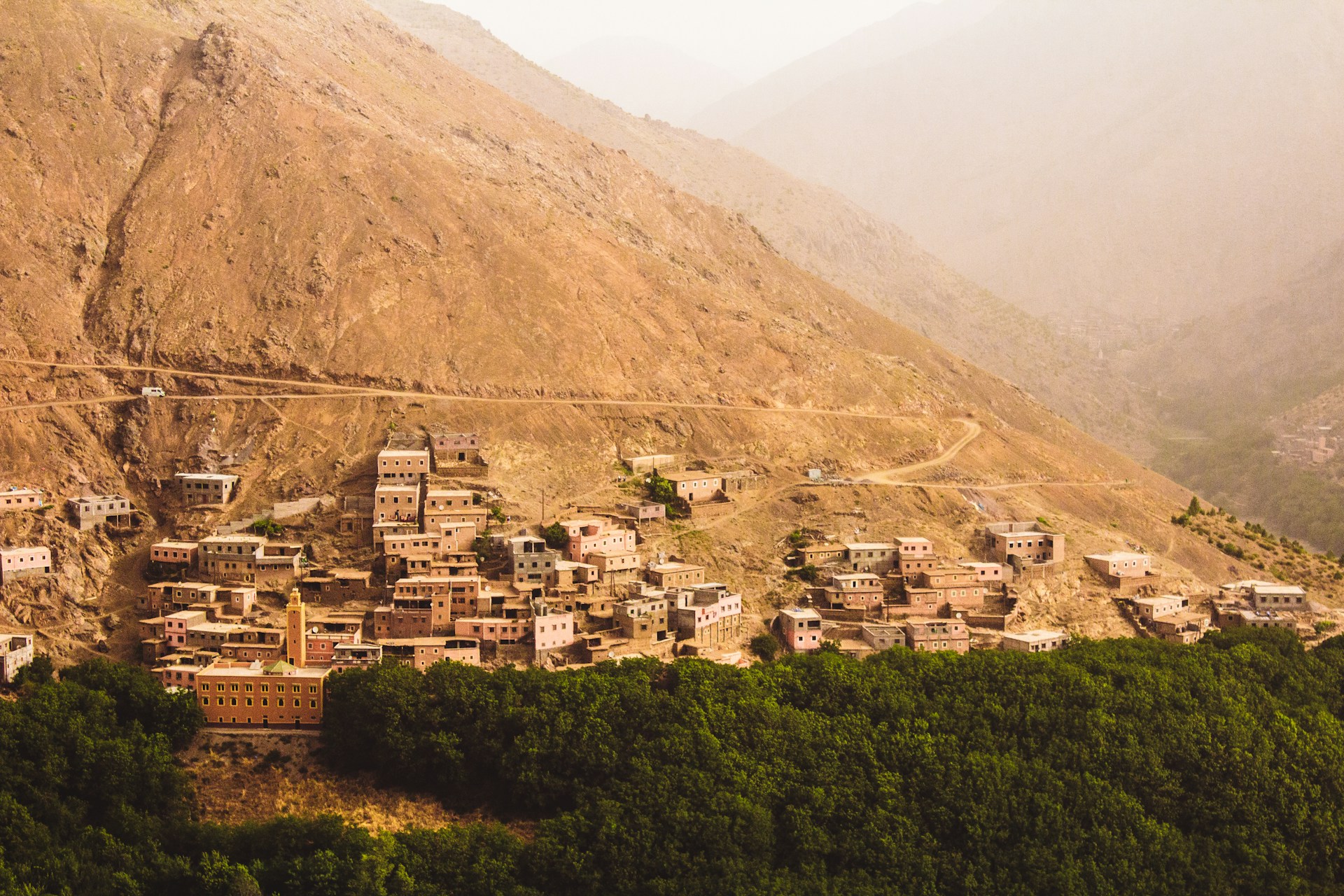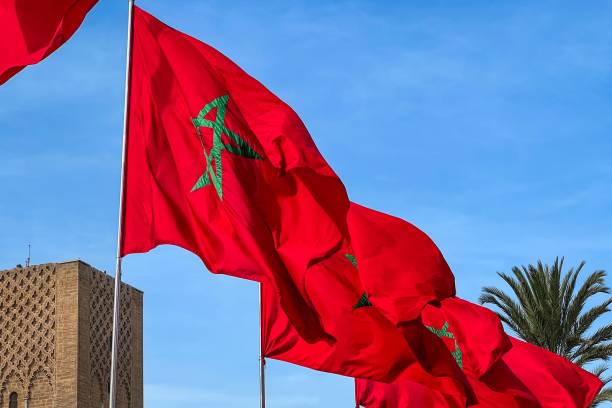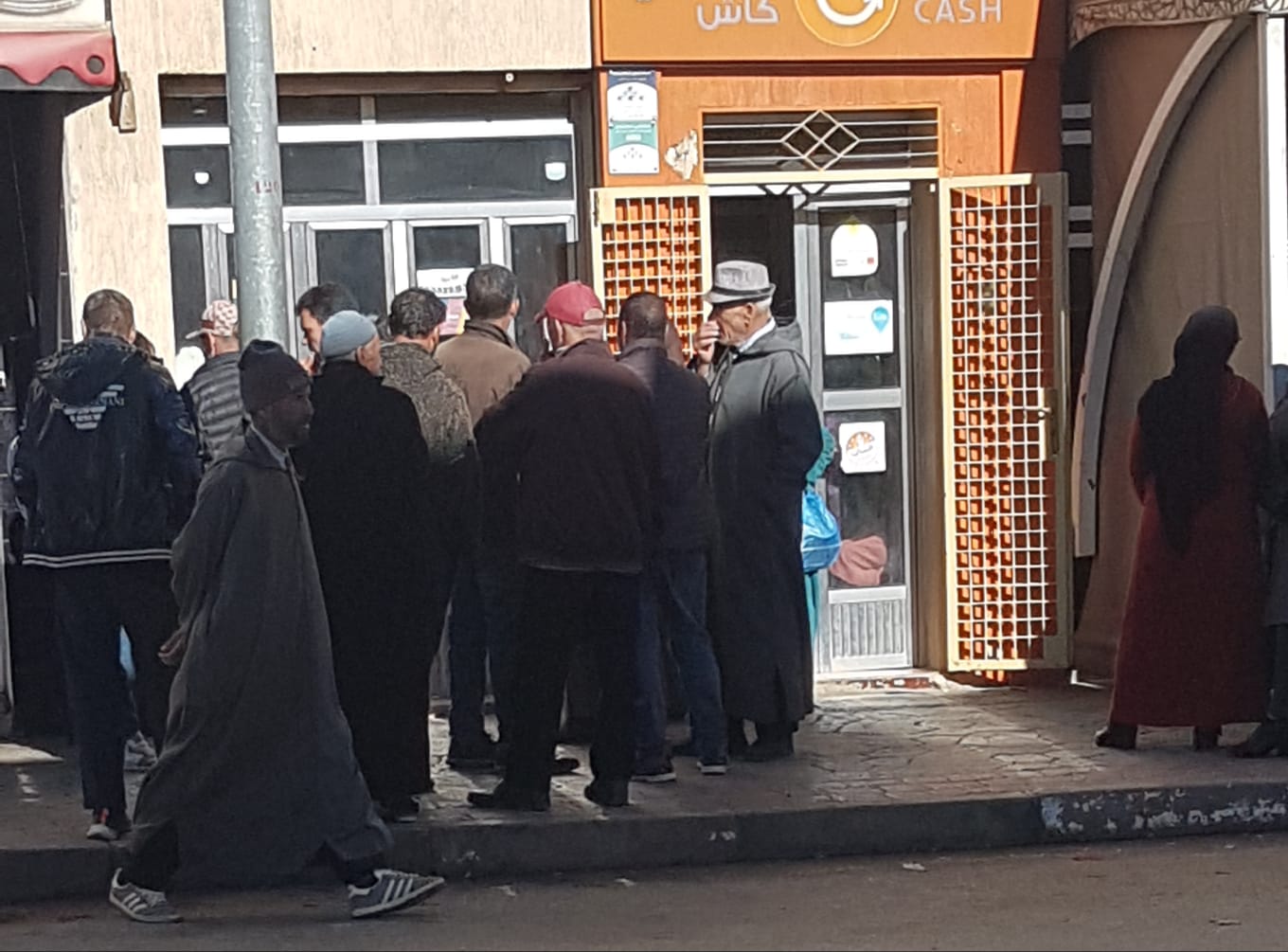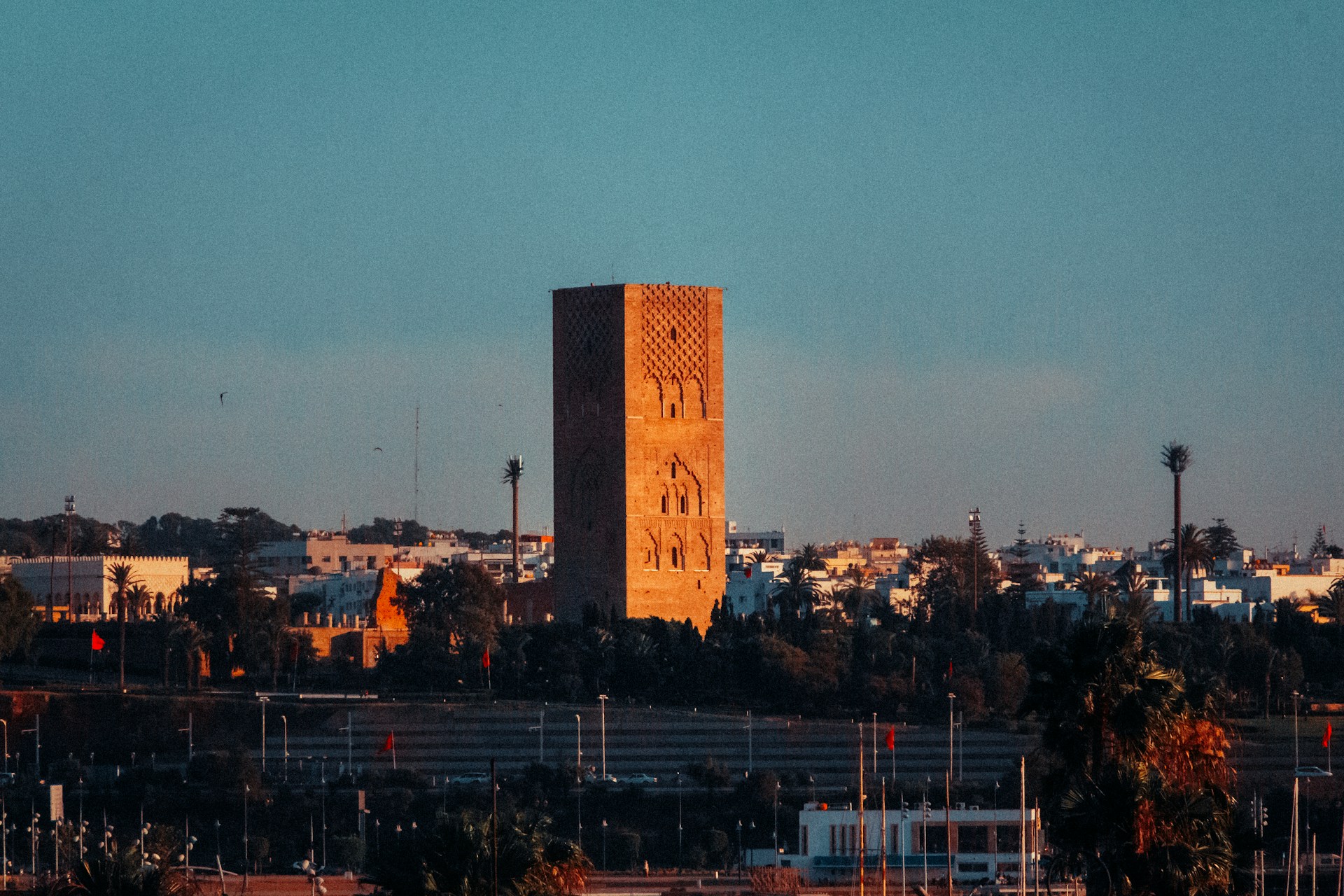Casablanca – Moroccan pharmacies have started offering dietary supplements and cosmetic products made from legal cannabis. This initiative, which commenced at the beginning of June, is the result of an agreement between the Confederation of Pharmacists’ Unions of Morocco (CSPM), the National Agency for the Regulation of Cannabis Activities (ANRAC), and the Directorate of Medicines and Pharmacy (DMP).
Regulatory framework and initial phase
The distribution license for these products has been granted to a specialized company after fulfilling the necessary legal requirements, including an application that lists the pharmacies authorized to sell these products. This license is renewable every six months. Initially, these cannabis-based products will be available exclusively in pharmacies. However, according to Law 13-21, processors and manufacturers may open their own retail outlets, provided they meet the required legal standards and obtain authorization from ANRAC.
Product specifications and safety
Nine dietary supplements and ten cosmetic products have been registered by the DMP. These products comply with regulatory THC content limits. Products with THC content above 1% are designated exclusively for the pharmaceutical industry and must be classified as medicinal products. For products with THC content below 1%, the scope of hemp processing includes cosmetics, dietary supplements, construction materials, and more.
Dietary supplements must contain cannabidiol (CBD) with a THC content below 0.3%, while cosmetic products must be made with 0% THC.
Collective effort and industry impact
The commercialization of legal cannabis-based products follows a meeting held at ANRAC’s headquarters, chaired by the director general, and attended by representatives from the DMP and community pharmacists. The discussions clarified regulations based on THC content, ensuring proper categorization and safety of the products.
The director of ANRAC praised the collective effort that made this initiative possible, highlighting the contributions from farmers, investors, industry stakeholders, local authorities, and various government departments, including the Ministries of Health, Industry and Trade, and the National Office for Sanitary Safety of Food Products (ONSSA).
Economic and agricultural developments
This initiative also marks significant progress in the legal cultivation and processing of cannabis in Morocco. The country has increased the licensed cultivation area to 2,078 hectares, an eightfold increase from the previous year. This expansion aims to capitalize on the global market opportunities for medical cannabis, which reached $16.5 billion in 2019 and is projected to grow to $44.4 billion by 2024.
The production dynamics for the second harvest of Moroccan cannabis products continue to develop within this legal framework. Approximately 30 processing units are expected to be established in 2024, ready before the crops are harvested. The cultivation of the “Beldia” variety, grown for the first time this year, has also been closely monitored. About 50% of the licensed area, or roughly 2,500 hectares, has been allocated for this variety.
The introduction of cannabis-based dietary supplements and cosmetic products in Moroccan pharmacies marks a significant step in the country’s approach to legal cannabis use. By ensuring strict regulatory compliance and focusing on safety and quality, Morocco is positioning itself as a key player in the global cannabis market, while also promoting economic development and supporting local farmers and industries.






